What’s the Buzz
The Bee Healthy Blog
Too Much of a Good Thing? How Fiber Might Cause Constipation

-
Fiber softens and adds bulk to stool, making it easier to pass and decreasing the risk of constipation. However, for some people, eating too much fiber can cause gas, bloating, abdominal pain, cramps, diarrhea, and worsening constipation.
-
If you’re eating fiber but are still constipated, make sure you are well-hydrated and eating a wide variety of fiber-rich foods throughout the day.
-
Many high-fiber foods are also high in FODMAPS, which can worsen IBS (irritable bowel syndrome) symptoms. IBS patients should work with a registered dietician to develop an eating plan that works for them.
Dietary fiber (roughage or bulk) is obtained from plant foods. This type of fiber is not absorbed by the body and passes through the digestive tract relatively unchanged. Fiber softens and adds bulk to stool. This makes stool easier to pass, decreasing the risk of constipation.
In addition, fiber has many health benefits, including a reduced risk of diabetes, heart disease, and certain cancers. Other health benefits of fiber include promoting weight loss and helping you maintain a healthy weight.
However, eating too much fiber can cause symptoms such as gas, bloating, abdominal pain, cramps, diarrhea, and worsening constipation in some people.
The Role of Fiber in the Digestive System
As mentioned, a high-fiber diet can prevent and relieve constipation while offering other digestive health benefits. Eating more fiber lowers the risk of developing hemorrhoids and diverticular disease. Diets that include fiber-rich foods are also linked to a lower risk of bowel cancer.
Different Types of Fiber: Soluble Fiber vs. Insoluble Fiber
Soluble fiber dissolves in water and forms a gel-like substance. Research has shown that soluble fiber binds to bile acids and slows the digestion of foods. This helps to lower blood cholesterol levels and blood sugar spikes after meals. Oats, barley, brown rice, apples, oranges, carrots, and beans are some of the foods that are good sources of soluble fiber.
Insoluble fiber bulks up stool because it does not dissolve in water. It helps to relieve constipation and promotes regular bowel movements. Wheat bran, whole wheat flour, cauliflower, potatoes, green beans, and the skins and seeds of fruits are some of the foods that contain insoluble fiber.
Common Mistakes Leading to Constipation Despite High Fiber Intake
Not eating enough dietary fiber is the most common cause of constipation. If you’re eating enough fiber and are still constipated, it could be due to one of the following reasons:
-
Not drinking enough water. Soluble fiber needs water to dissolve. When you don’t drink enough fluids, your stool can become dry and hard despite eating fiber-rich foods.
-
Not eating a variety of fiber-rich foods. There are many high-fiber foods. It’s important to eat a diverse range of foods containing dietary fiber to get the maximum benefits.
-
Not eating fiber throughout the day. Eating fiber-rich foods at one meal can cause side effects like gas and bloating as well as prevent you from getting constipation relief. The goal should be to spread your fiber intake throughout the day.
If you continue to experience constipation even after making these changes, consult your healthcare provider. There may be something else going on that’s causing your symptoms.
For example, medical conditions such as hypothyroidism, diabetes, irritable bowel syndrome (IBS), inflammatory bowel disease, and neurological conditions like Parkinson’s disease can cause constipation. Treating these conditions may ease your symptoms.
Additionally, certain medications such as opioid pain medicines, antidepressants, antipsychotics, and certain antacids can cause constipation as a side effect. Your healthcare professional may adjust your dose or switch you to a different medication if this is the case.
Can Too Much Fiber Cause Constipation?
The Science Behind Fiber-Related Constipation
In most people, fiber prevents and treats constipation. However, constipation is not solely correlated with fiber intake.
Studies have shown that people who have constipation eat similar amounts of fiber as those who don’t have the condition. Additionally, some people continue to be constipated even after eating enough fiber. This indicates there’s more to constipation than fiber intake. Moreover, some people report dietary fiber makes their constipation worse, and reducing dietary fiber relieves constipation. For instance, studies have shown that people with chronic idiopathic constipation experience significant improvement by eating a low-fiber diet or removing fiber from their diet completely.
People in whom constipation is unrelated to fiber intake include those with:
-
Constipation due to other lifestyle factors, such as lack of adequate fluid intake or physical activity
-
Constipation caused by medications or supplements
-
Constipation associated with medical conditions
-
Chronic idiopathic constipation of unknown cause
Fiber Intake in Individuals with Digestive Conditions
Irritable bowel syndrome (IBS) is characterized by abdominal discomfort, bloating, distention, gas, and abnormal bowel habits such as diarrhea, constipation, or both. The amount of dietary fiber consumed plays a role in managing IBS symptoms. Both too much and too little dietary fiber can worsen IBS symptoms. Moreover, many high-fiber foods are also high FODMAPS and can worsen IBS symptoms. Research shows certain types of dietary fiber are better tolerated than others in people with this condition. IBS patients should, therefore, work with a registered dietician to develop an eating plan that works for them.
Inflammatory bowel disease (IBD) refers to chronic inflammation in the gastrointestinal (GI) tract caused by Crohn’s disease or ulcerative colitis. A diet rich in fiber is considered beneficial for IBD patients as it reduces inflammation, restores the gut microbiome, and lowers the risk of colorectal cancer. However, some IBD patients do not tolerate fiber consumption and report it can worsen constipation. Researchers believe the increased gut inflammation may be related to low levels of fiber-fermenting microbes in the gut that digest fiber.
How Much Fiber is Too Much?
Recommended Dietary Fiber Intake
Dietary guidelines are 25 grams of daily fiber intake for adult women and 38 grams of daily fiber intake for adult men. How much dietary fiber you eat also depends on your caloric intake. The recommendation is for adults to eat 14 grams of fiber per 1,000 calories consumed, or 28 grams per 2,000 calories daily.
Signs and Symptoms of Excessive Fiber Consumption
Symptoms of too much fiber include abdominal bloating, gas, cramping, and diarrhea. Rarely, too much fiber can cause complications such as bowel obstruction.
Tips on Fiber Intake to Avoid Constipation
-
Increase your fiber intake gradually over a few weeks.
-
Spread your fiber intake throughout the day.
-
Eat a variety of fiber-rich foods to get a balanced mix of soluble and insoluble fiber.
-
Talk to your healthcare provider before taking a fiber supplement.
Remedies for Constipation Caused by Excessive Fiber
How Do You Know if Fiber is Causing Constipation?
If your constipation comes with associated symptoms such as excessive bloating, gas, cramps, and gastrointestinal discomfort, it may be related to dietary fiber increases. You can try keeping a food diary to track your fiber intake. This will tell you if you are eating significantly more than the recommended daily intake of fiber for your age and sex. If this is the case, try cutting back gradually to see if lower fiber intake improves your symptoms.
Immediate Steps to Alleviate Constipation Caused by Surplus Fiber
If you have constipation caused by excessive fiber, you may get relief by drinking more water and doing some light physical activity.
Long-Term Dietary Adjustments for Constipation Relief
If increasing fiber intake has made your constipation worse, do the following:
-
Decrease your dietary fiber intake to the recommended daily levels.
-
Read food labels and avoid foods with more than 1 to 2 grams of fiber per serving.
-
Stop taking fiber supplements under advice from your doctor.
-
Make sure you are drinking enough water.
-
Get regular physical activity every day to help relieve constipation.
-
Practice good bowel habits. Don't ignore the urge to defecate. Have bowel movements on schedule, for example, 15-45 minutes after a meal.
When and How to Safely Reduce Fiber Intake
Your healthcare provider may recommend reducing fiber intake if you have worsening constipation on a high-fiber diet. Other reasons to eat a low-fiber diet include narrowing of the bowel or radiation treatment that can damage or irritate the digestive tract.
To reduce fiber intake you need to limit high-fiber foods such as vegetables, fruits, whole grains, nuts, and seeds. You should eat more low-fiber foods such as dairy, meat, fish, and eggs.
Common Questions
Can you still be constipated if you eat lots of fiber?
Yes, you can still be constipated after eating lots of fiber. This may be due to various reasons, such as adding fiber into your diet too quickly, not eating a variety of foods containing fiber, or not drinking enough water. It may also be due to an underlying health condition.
How to fix constipation from too much fiber?
To fix constipation from too much fiber, reduce your daily fiber intake to the recommended levels (25 grams a day for adult women and 38 grams a day for adult men). Additionally, drink plenty of water and get regular exercise to ease constipation.
What are the symptoms of too much fiber?
Too much fiber can cause symptoms such as gas, bloating, abdominal discomfort, and diarrhea.
Can too much fiber damage your colon?
In rare cases, too much fiber can cause intestinal blockage.
When to Seek Professional Help
Symptoms That Warrant a Visit to the Doctor
You should make an appointment to see your doctor if increasing fiber intake makes your constipation worse. There may be something else going on that needs to be properly diagnosed and treated. Also, seek medical attention for symptoms such as severe abdominal pain, rectal bleeding, and unexplained weight loss.
How a Healthcare Professional Can Diagnose and Treat Fiber-Related Constipation
Your doctor may order blood tests, stool tests, and imaging studies to diagnose the cause of your constipation. They may prescribe the following medications to treat constipation:
-
Enemas and suppositories when oral medications don’t work or the rectum is clogged with stool
-
Prescription medications such as lubiprostone (Amitiza), plecanatide (Trulance), linaclotide (Linzess), and prucalopride (Motegrity) for chronic constipation when other treatments don’t work
-
Prescription medications such as methylnaltrexone (Relistor), naloxegol (Movantik), and naldemedine (Symproic) for constipation caused by opioid drugs (opioid-induced constipation)
-
Pelvic muscle training using biofeedback which teaches you to relax the muscles in your pelvis, rectum, and anus
-
Surgery to correct damage in the colon or rectum
The Role of Dietitians in Managing Fiber Intake
Generally speaking, fiber obtained from plant foods relieves constipation and promotes gut health. However, eating too much fiber can make constipation worse in some people.
If you are experiencing constipation caused by fiber, you may need to eat a low-fiber diet. However, low-fiber diets are restrictive and can make it difficult to meet your body’s nutritional needs. Therefore, it’s important to follow a low-fiber diet under the supervision of a healthcare provider. A registered dietitian can work with you to develop an eating plan that does not cause or worsen constipation. They can help you plan a healthy diet that gives you all the nutrients you need and also prevents constipation.
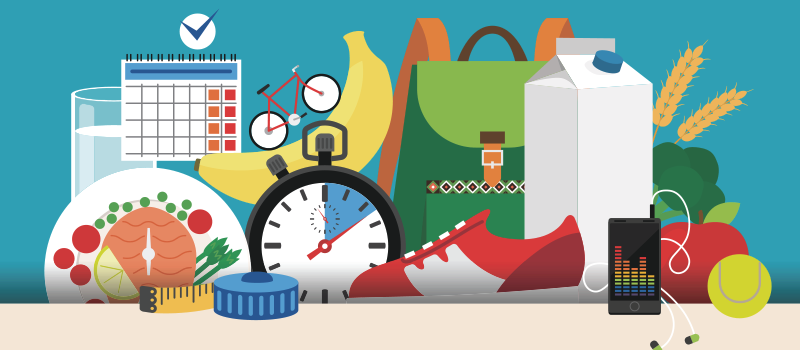
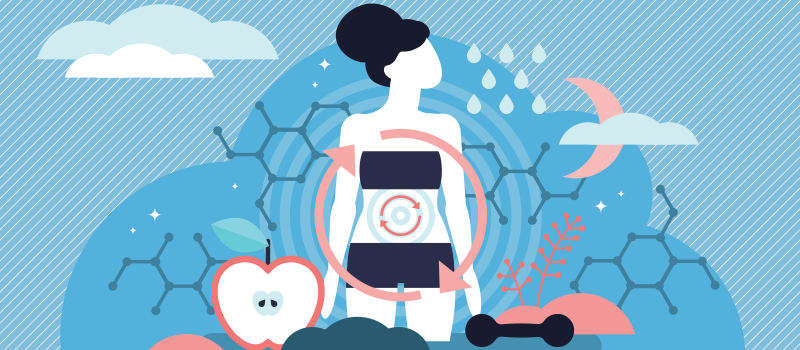
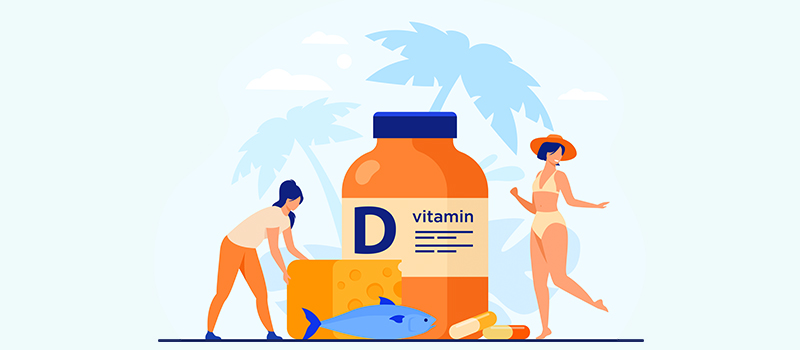

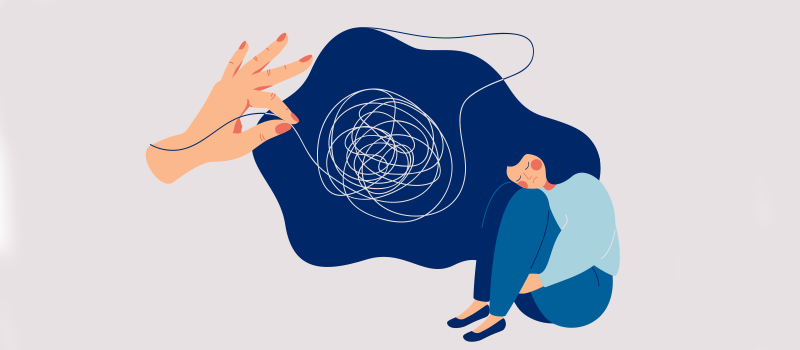


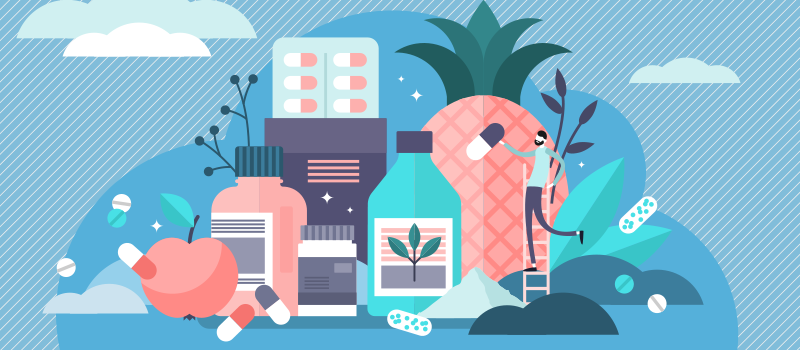
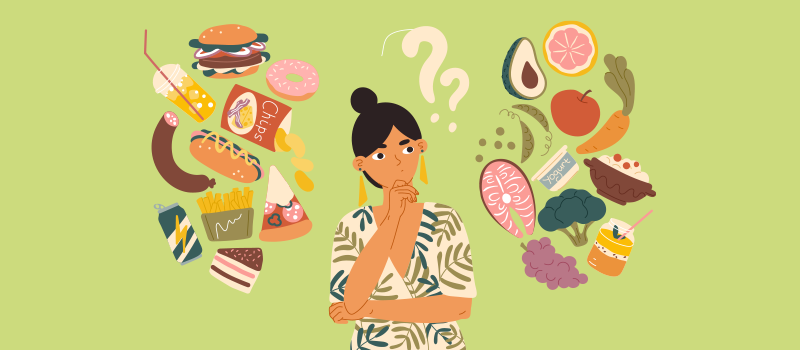

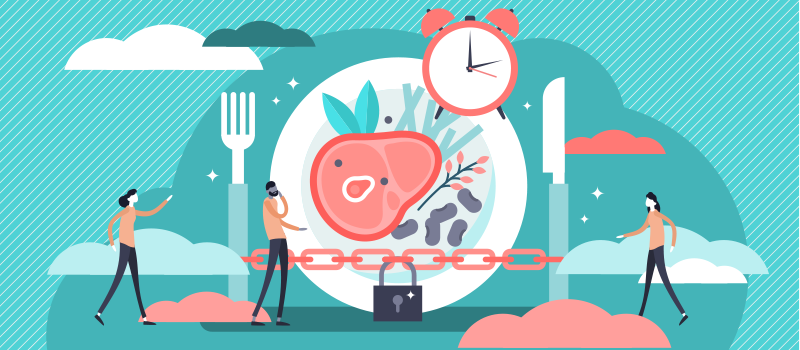

SOCIAL